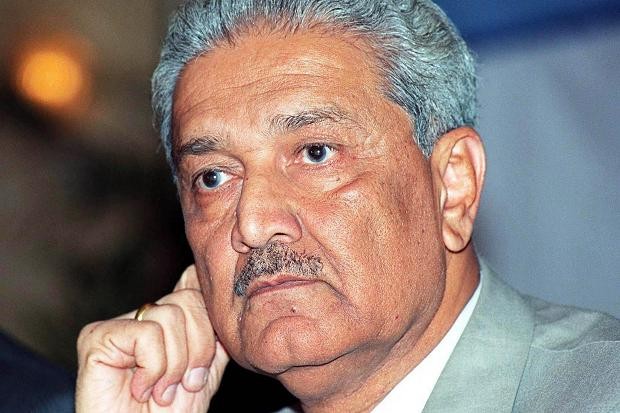Pakistani nuclear scientist talks about Menopause taboo
Nuclear scientist Abdul Qadeer Khan has a history of provoking Pakistanis by talking about subjects considered controversial and unspeakable in Pakistan’s conservative society.
Several years earlier, the controversial metallurgist, who once ran Pakistan’s nuclear program, publicly declared that he had undergone a vasectomy – a surgical procedure for male sterilization. Khan is also controversial for allegedly having a hand in selling nuclear secrets to Iran, Libya and North Korea.
“I was the first Pakistani to disclose on TV that I had undergone vasectomy after the birth of our second daughter and we felt our family was complete. We had no desire to have more children just for the sake of trying to have a son. My statement was appreciated by many and the Family Planning Organization used it for their campaign,” Khan told Quartz in an email interview.
Now, the 79-year-old is directing his attention to another issue that is considered taboo in the Islamic nation: Menopause.
“Menopause is a very important period in a woman’s life,” Khan wrote in an article published in Pakistan’s The News newspaper on Nov. 16. “I was surprised that not much attention was paid to it here (in Pakistan).”
According to the Pakistan Menopause Society, a Karachi-based organization, the estimated age of menopause in Pakistani women is around 46 years, lower than the global average of 50.
“From the available Pakistani data, it is hypothesized that an early age of menopause predisposes a woman to chronic health disorders a decade earlier than a Caucasian women,” the society says on its website.
According to Khan, only “two useful articles” were written about this natural change in Pakistani mainstream media on Oct. 18, which is marked as the World Menopause Day.
“I am aware that it is an extremely important phase in a woman’s life and it can sometimes lead to consequences such as divorce, suicide, and disruption of family life,” Khan said.
Although Khan will certainly manage to generate a conversation around menopause (due to his national hero image among many Pakistanis), it is unlikely to bring change in a deeply conservative society.
“Unfortunately, the Urdu daily in which the Urdu version of my column is published simultaneously with the English one, apologetically informed me that the article would not be published as they considered the topic unsuited for young, innocent girls,” Khan said.
Khan ends on an optimistic note, saying, “Things will need time to change. For instance, some years ago the words ‘breast cancer’ could not be mentioned out loud; now it is a topic that is out in the open. I hope my articles do make a dent in the wall of ignorance.”




















































